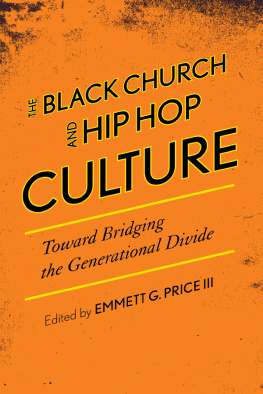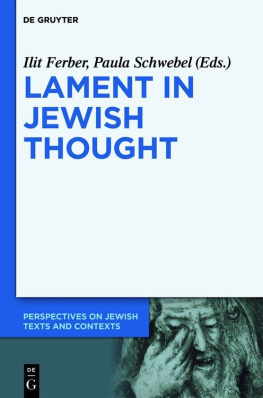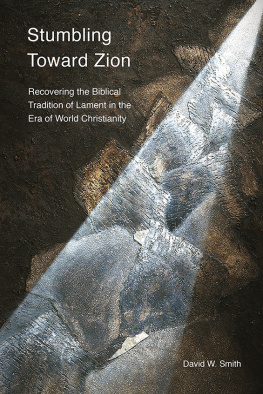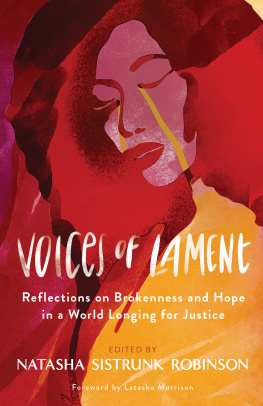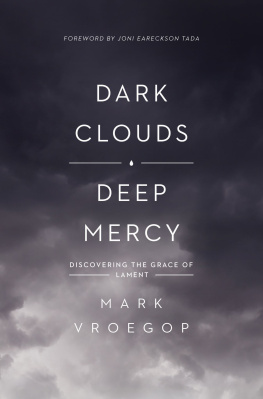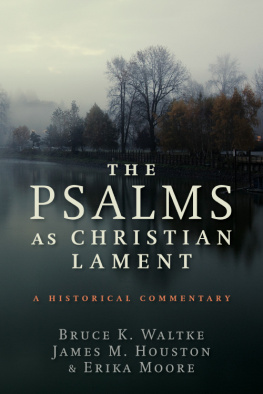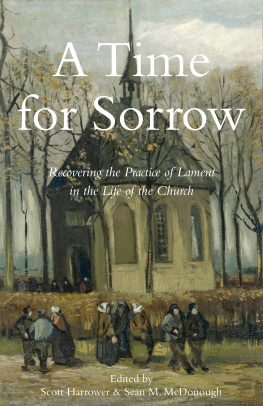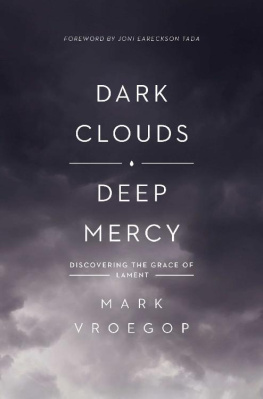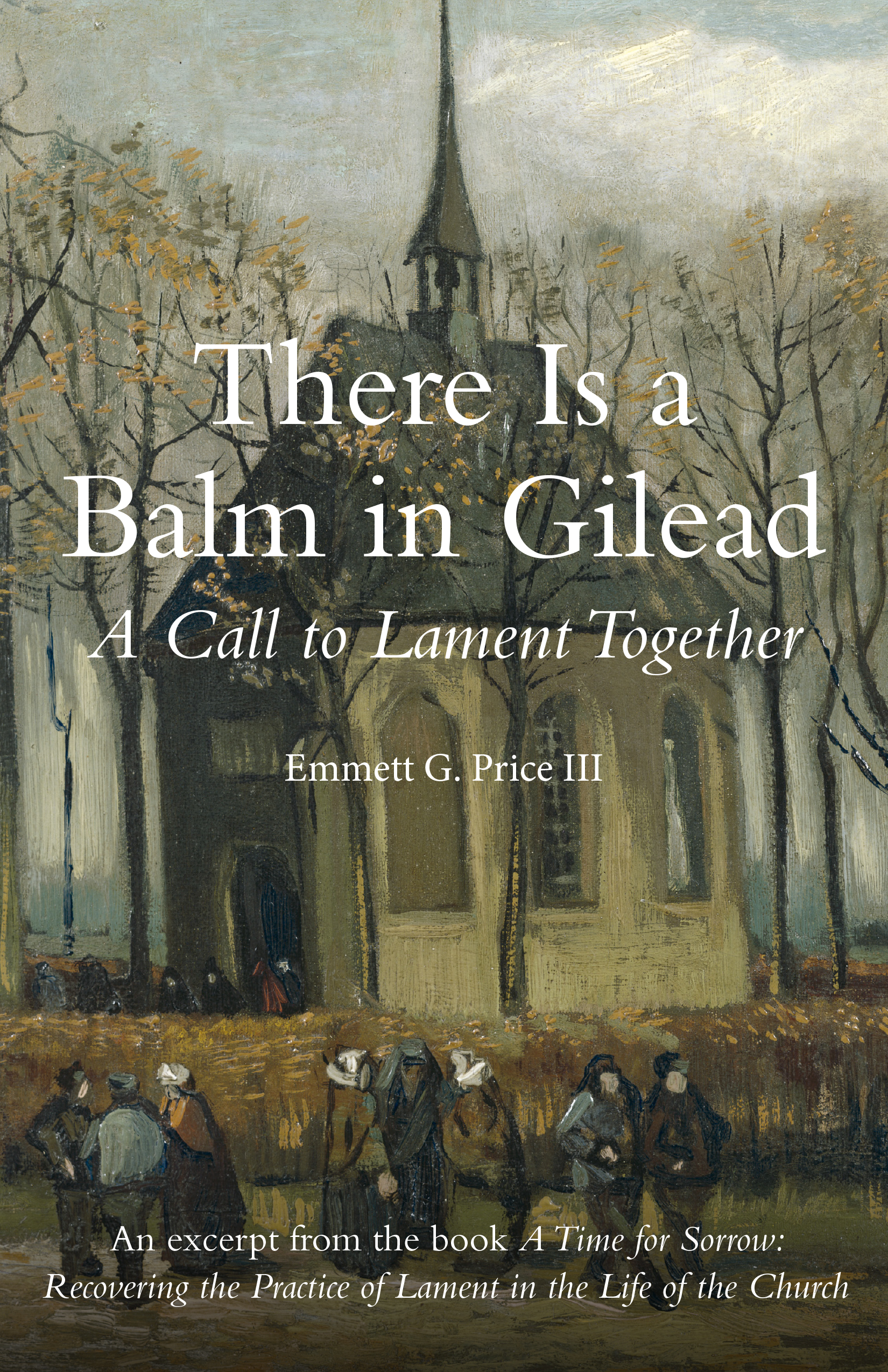Preface
At the time of the original writing of this chapter, There Is a Balm in Gilead: A Call to Lament Together, the United States was being overwhelmed by partisan debates over gun control laws in response to the Valentines Day massacre at Marjory Stoneman Douglas High School in Parkland, Florida, where fourteen students and three staff members were killed and seventeen more were injured. The conversation further intensified after the anti-Semitic-inspired pogrom at the Tree of Life Synagogue in Pittsburgh, Pennsylvania, on October 27, 2018, where eleven Jewish worshipers were killed and seven more were injured during their Shabbat morning service. While the nation and many around the globe mourned, the church as a whole was silent. Not many litanies were composed; even fewer liturgies were shared; and beyond the local epicenters of these traumatic tragedies, there were few to no communal gatherings for the sole purpose of lament.
As I write this preface two years later, the vicious murder of George Floyd has struck a chord in the moral compass of many within the United States (and around the world), which we hope and pray will cause the arc of justice to move at least one degree in the direction of liberty and justice for all. Yet while all this is going on, the church remains cautiously stunned and clamorously tacet. Wethe body of Christare disjointed, disconnected, disunified, and diseased in our own reason for existing. Whether we prioritize the Golden Rule (Matt. 7:12; Luke 6:31), the Great Commandment (Matt. 22:3540; Mark 12:2834; Luke 10:27), or the Great Commission (Matt. 28:1620), our witness is powerless if we do not learn to rejoice with those who rejoice and also weep with those who weep (Rom. 12:15). During this current unfathomable worldwide season of a pandemic that is killing millions conflated with vast protests against racism, the one holy catholic (universal) and apostolic church must lean in and lead.
If change is to occur, then the church must step forward. We the churchthe bride of Christmust recommit to our nuptial vow to the heart of Christ. Jesus gave his life for all who believed, believe, and will believe. We the church must be humble and compassionate when all is well, but also emerge bold and courageous when all is not. We the church must no longer privilege the rich with authority and voice, while subjugating the poor with postured empathy and an impotent, unempowering system of dependency. We the church can no longer pray for the sick in public, while privately creating barriers to keep them away. We the church can no longer value economics over people, spoken love over felt love, or hypocritical sentiments advocating for life while watching death on our digital devices.
We are the church of Jesus Christ, who have been blessed with the great hope of the good news. Our solemn vow is to love and cherish one another until death do us part. We the churchin all of our ethnicities, nationalities, cultures, and expressionsmust strive to love the world as God loved the world (John 3:16), love one another as Jesus loved us (John 15:917), and embrace the power, freedom, and fellowship of the Holy Spirit (Rom. 15:19; 2 Cor. 3:17; 13:14).
Like the Hebrew children in the Old Testament and the disciples in the New Testament, our communal worship is wherever we collectively live out our faith. As one part of the body is impacted, positively or negatively, so our worship must also reflect whatever has happened. Our worship must shift in times of trauma and tragedy, just as it should in seasons of thriving and triumph.
Worship is relational and transformative, and it is an essential expression of our faith. We were created as worshipers, and worship is the response to the divine invitation for us to engage with our Creator. Worship is where we join our hearts and our minds together as one to petition, hear, praise, heal, and be with God and with one another. It is here, in worship, that we lament. Lament is an expression of worship.
It is my hope that as you read (or reread) There Is a Balm in Gilead: A Call to Lament Together, you will be inspired and challenged to join your heart and mind with the hearts and minds of others, as we offer an honest complaint, a vulnerable plea, a transparent confession, and a song of praise. During this season, as humanity is challenged by a global pandemic and the worldwide illness of racism, our true complaint is against sin and evil. This means we need to grow deeper in relationship with Christ. When we do, we become challenged to be more like him as we offer that vulnerable plea to God for help. As we yield to God, we also acknowledge our own failures and frustrations through transparent confession. Then we conclude our lament with a song of praise, acknowledging that Gods love for us never fails (Ps. 136), that we can do all things through Christ who strengthens us (Phil. 4:13), and that we have the promised hope of the Holy Spirit (Rom. 15:13). With this, then, our focus moves away from ourselves and toward the Triune audience of our worship. Lament repositions our grief in exchange for Gods grace and eventually glory. Lament can serve as a catalyst for our individual and communal healing, if we allow ourselves the space and the time to be honest, vulnerable, and transparent.
There is a balm in Gilead, to make the wounded whole;
There is a balm in Gilead, to heal the sin-sick soul.
Let us lament together.
There Is a Balm in Gilead: A Call to Lament Together
Emmett G. Price III


